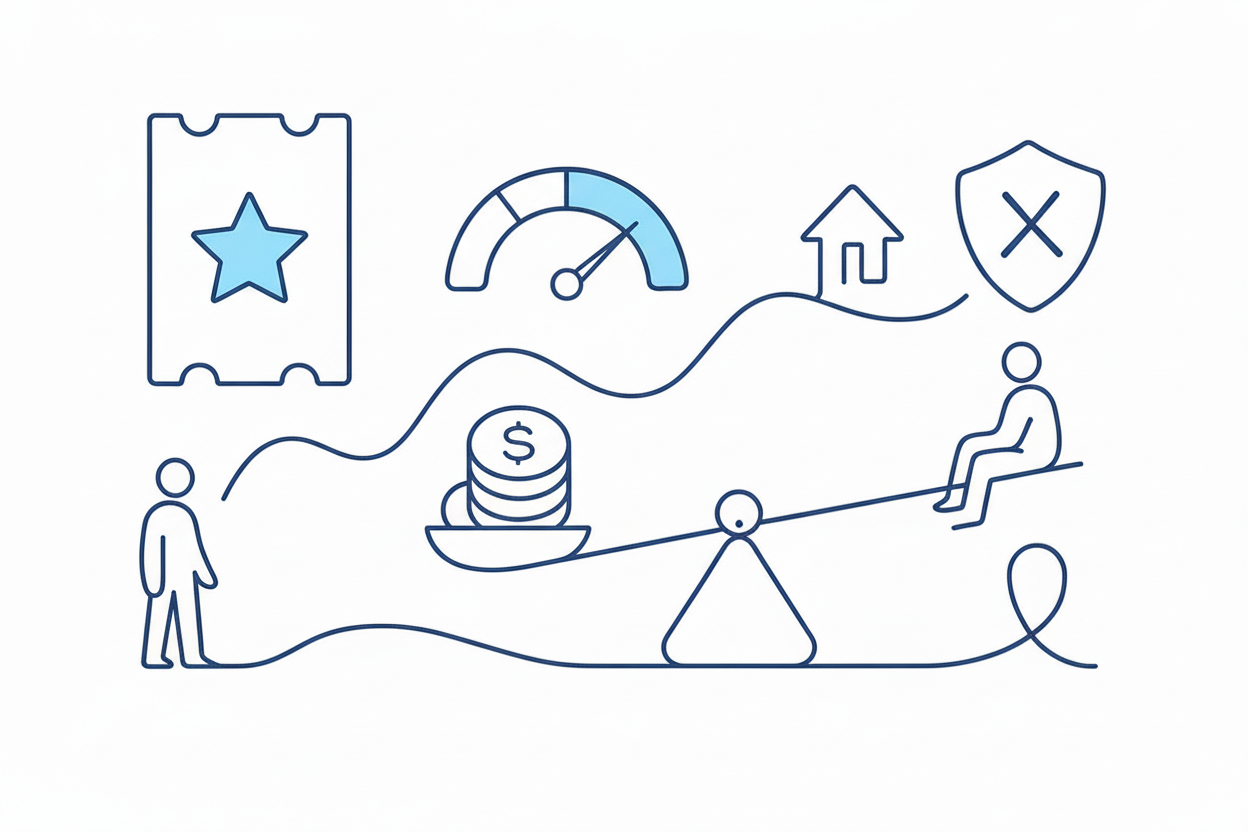How to Leverage Trading Knowledge to Make Money Elsewhere

Discover how to leverage your trading knowledge to create additional income streams beyond the markets. This post explores arbitrage opportunities, transforming goods for profit, utilizing risk management principles, and alternative investments. Apply your trading skills to make money in diverse and innovative ways.
Trading knowledge isn’t just valuable within the financial markets; it can also be leveraged in various other areas to create additional income streams. Whether through arbitrage opportunities, transforming goods, or applying risk management principles, your trading skills can open up diverse avenues for making money. This guide explores how to effectively use your trading knowledge beyond the markets.
Understanding Arbitrage Opportunities
Arbitrage involves taking advantage of price differences between two or more markets to make a profit. This concept, which is fundamental in trading, can be applied in various other fields.
Retail Arbitrage
Retail arbitrage involves buying products at a lower price in one market and selling them at a higher price in another. For example, purchasing discounted items from a retail store or online marketplace and reselling them on platforms like eBay or Amazon for a profit.
Example:
Imagine finding a brand-name watch on sale at a local store for $50 and reselling it on eBay for $100. The $50 difference minus any fees and shipping costs represents your profit.
Sports Betting
Sports betting can also be approached with a trading mindset. By understanding odds and probabilities, you can identify value bets where the potential payout outweighs the risk.
Strategy:
Research and analysis are crucial. Use statistical models and historical data to identify betting opportunities with favorable odds. This approach mirrors the risk-reward analysis used in trading.
Transforming Goods for Profit
Another way to leverage trading knowledge is by buying items, improving or transforming them, and then selling them for a higher price. This method combines arbitrage with added value through personal effort or skill.
Example: Watch Repair
If you have a hobby or skill, like watch repair, you can buy damaged or undervalued watches, repair and clean them, and then sell them for a significant profit.
Steps:
1. Purchase: Buy watches at a low price from platforms like Facebook Marketplace or Craigslist.
2. Repair: Use your skills to fix and refurbish the watches.
3. Sell: List the repaired watches on online marketplaces at a higher price.
Crafting and DIY Projects
Handmade items or DIY projects can also be profitable. Create unique products, such as jewelry, furniture, or art, and sell them on platforms like Etsy or at local markets.
Utilizing Risk Management Principles
Risk management is a core principle in trading that can be applied to other areas to minimize potential losses and maximize gains.
Poker and Gambling
Just as in trading, understanding the risk-reward ratio is crucial in poker and gambling. Managing your bankroll and making calculated bets can significantly improve your chances of success.
Key Points:
• Bankroll Management: Set aside a specific amount of money for gambling and stick to it.
• Probability Analysis: Use probability and statistics to inform your betting decisions, much like analyzing market data.
Investing in Startups or Small Businesses
Investing in startups or small businesses can be approached with a trader’s mindset. Assess the potential return on investment (ROI) and the associated risks before committing funds.
Steps:
1. Research: Conduct thorough due diligence on the business, its market potential, and the management team.
2. Assess Risk: Evaluate the potential risks and rewards, similar to analyzing a stock or other investment.
3. Invest: Allocate a portion of your capital based on your risk tolerance and expected ROI.
Exploring Alternative Investments
Look for investment opportunities outside traditional markets. These might include real estate, collectibles, or peer-to-peer lending.
Real Estate
Real estate can provide a steady income stream and capital appreciation. Apply trading principles to evaluate potential properties, focusing on market trends, location, and expected returns.
Strategy:
Invest in rental properties or real estate investment trusts (REITs) to generate passive income and diversify your investment portfolio.
Collectibles
Collectibles, such as art, rare coins, or vintage cars, can appreciate over time. Use your analytical skills to identify undervalued items and trends in the collectibles market.
Example:
Buy limited edition artwork at a lower price and hold it until it appreciates in value, then sell it at a higher price.
Conclusion
Trading knowledge extends far beyond the financial markets and can be applied to various other areas to generate income. By understanding and exploiting arbitrage opportunities, transforming goods for profit, utilizing risk management principles, and exploring alternative investments, you can leverage your trading skills to make money in diverse ways. Stay informed, continuously refine your strategies, and approach each new venture with the same analytical mindset you apply to trading.




